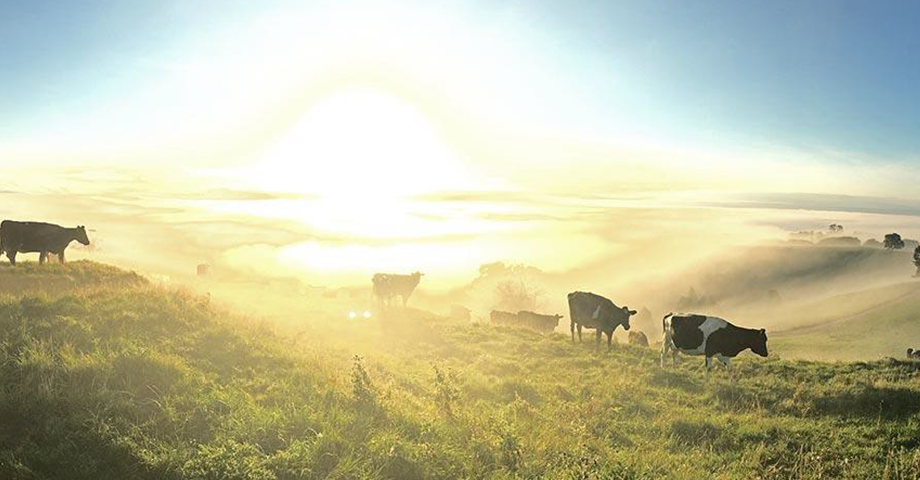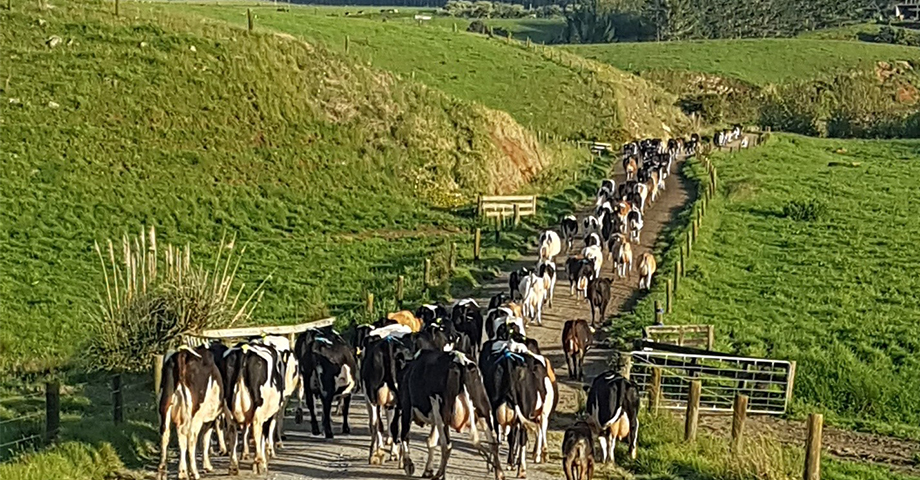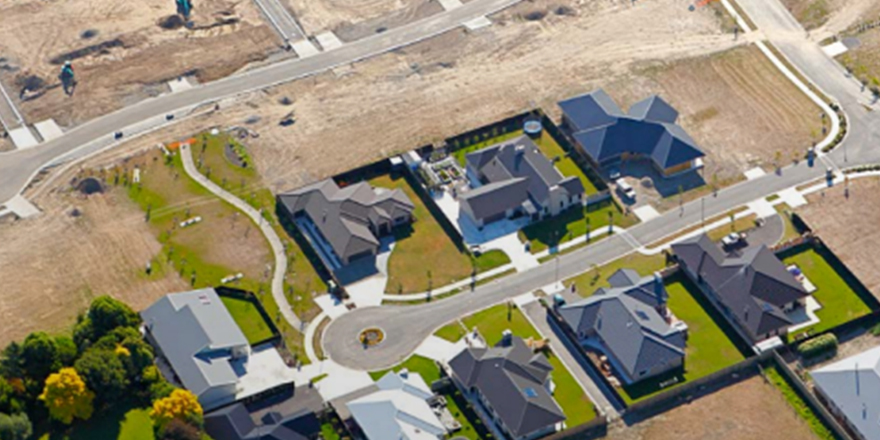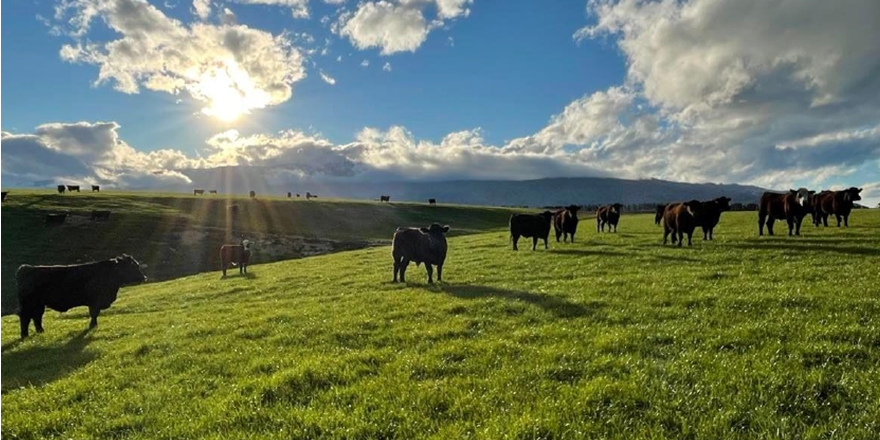Executive summary
Family businesses play an important role in the New Zealand business landscape and are especially important in sheep and beef sector. The overriding aspect that sets them apart from other business forms is the level of complexity with the combination of family and business. The quality, speed and execution of decision making are the hallmarks of high performing businesses. How farming families in the sheep and beef sector make good family business decisions was the focus of the report.
Early general reading shaped my thinking and I proposed good family business decision making was based on clarity, governance and simple processes and systems.
Further academic knowledge gathered on family businesses during the report period challenged this hypothesis but it was the real life stories of people faced with making family business decisions every day that really got my attention and altered my views.
Four family businesses and four advisors were interviewed and the results analysed identifying key themes. Critical thinking pulling the learnings of the literature review, interview phase and key themes resulted in my view that family businesses decision making is not necessarily about balancing the competing and often conflicting needs of family and business, but about integration. Integrating both family and business and applying three pillars; communication, a technical plan and oversight help to make good family businesses decisions. Decision-making truly is a unique practice and that there is no one process that is better than the other or simple model that can be applied to different scenarios.
It is hoped that this report will stimulate further discussion and debate on family business decision making by families and advisors.
Amanda Bowie



